
The practical document handbook acts as a useful guide to help localities clearly understand regulations, authorities, and procedures, thereby effectively implementing tasks according to new decentralization, delegation of authority, and assignment of authority.
In order to ensure smooth, effective and efficient operation of land policies in the context of the two-level local government model officially coming into operation from July 1, 2025, the Ministry of Agriculture and Environment (MARD) has been continuing to synchronously deploy solutions; proactively working with localities to gradually remove obstacles, create maximum convenience for people and businesses, and at the same time improve the effectiveness of state management in the land sector.
Deputy Director of the Department of Land Management (Ministry of Agriculture and Environment) Doan Thi Thanh My said that recently the Department has proactively reviewed the entire system of legal documents related to land, thereby advising the Ministry to issue and submit to the Government for approval documents regulating decentralization and delegation of power in accordance with the two-level local government model.
Faced with new requirements from the two-tier local government model, especially in the land sector, a sector that directly affects the legitimate rights and interests of people and businesses, the Ministry of Agriculture and Environment has clearly identified the importance of careful preparation to avoid obstacles and delays in management work. The Department of Land Management, under the Ministry of Agriculture and Environment, has proactively reviewed legal documents on land to propose decentralization and delegation of authority in accordance with the two-tier local government model.
Specifically, the Department has advised the Ministry to submit to the Government for promulgation Decree No. 151/2025/ND-CP dated June 12, 2025, regulating the decentralization of authority of two-level local governments, decentralization, and delegation in the land sector. At the same time, the Minister has also issued Circular 23/2025/TT-BNNMT regulating decentralization, delegation, and delegation of authority for state management in the land sector and Decision 2304/QD-BNNMT promulgating administrative procedures in the land sector. These documents are an important legal basis, creating a solid legal corridor for the implementation of the new model in a synchronous, effective, and efficient manner.
In addition to completing the legal framework, the Department of Land Management has also actively accompanied and removed obstacles for localities, ensuring connectivity, transparency and taking people and businesses as the center of service. The Ministry of Agriculture and Environment has issued many documents directing localities related to land management when implementing two-level local government. Localities are also required to review procedures, standardize databases and train staff to meet new tasks.
Detailed instructions on land acquisition and certification procedures
One of the important highlights in the preparation work of the Ministry of Agriculture and Environment is the proactive development and promulgation of the "Handbook on State management in the field of land when implementing two-level local government". This is a practical document, acting as a useful handbook to help localities clearly understand regulations, authorities, and procedures, thereby effectively implementing tasks according to decentralization, delegation of authority, and new authority assignment. The handbook also helps people better understand administrative procedures, facilitating the implementation of rights and obligations related to land.
The handbook is structured into two main parts:
Part I: Systematizing the authority and tasks of the People's Council (PC), People's Committee (PC), Chairman of the PC and specialized land agencies at the provincial and communal levels. This part not only includes the authority and tasks prescribed in Decree No. 151/2025/ND-CP but also summarizes the authority of provincial and communal authorities prescribed in the 2024 Land Law and the Decrees detailing the implementation of the Law on decentralization, delegation of authority, and division of authority in Decree No. 151/2025/ND-CP. This helps provincial and communal authorities fully visualize the work that needs to be done when implementing the two-level local government model.
Part II: Presents in detail the administrative procedures and processes in the land sector, including: planning, land use plans; recovery, compensation, resettlement support; land allocation, land lease, permission to change land use purposes; land and forest allocation; land lease and forest lease; change of land allocation and land lease forms; adjustment of land allocation and land lease decisions, permission to change land use purposes; land prices; land and property registration, issuance of land use right certificates, ownership of property attached to land; provision of provincial-level land information and data; appraisal and approval of land use plans; multi-purpose land use; land dispute resolution. This part is designed to make it easy for provincial and commune-level authorities to understand and perform their tasks.
The Handbook has specified the authority and tasks of provincial and communal authorities in land management, ensuring unity, transparency and efficiency in implementation. Accordingly:
For the provincial level: The provincial People's Council has 6 powers and tasks. The provincial People's Committee has 50 powers and tasks. The Chairman of the provincial People's Committee has 37 powers and tasks. The Department of Agriculture and Environment has 15 powers and tasks. The Handbook also provides specific guidance on the powers and tasks of the Land Registration Office and the Land Fund Development Organization.
For commune level: Commune People's Council has 4 powers and tasks. Commune People's Committee has 45 powers and tasks. Commune People's Committee Chairman has 44 powers and tasks. Commune land management agency has 19 powers and tasks.
Clarifying the role of each level and position is a key factor to ensure that land management is carried out effectively and consistently nationwide.
One of the issues that people are particularly concerned about is the process of land acquisition, compensation, support and resettlement, especially when this authority is transferred to the commune level. The handbook has detailed instructions on the sequence and procedures for this content, including 16 steps, ensuring proper authority, clear responsibilities and publicity and transparency in each stage. This process includes from developing a land acquisition plan, organizing meetings with people, issuing notices, counting assets, making and approving compensation plans, to implementing compensation and handing over land.
Regarding the procedures for the first issuance of a Certificate of Land Use Rights and Property Ownership Rights attached to land by the commune level, the Handbook also provides specific instructions in 3 steps, clearly assigning responsibilities between state agencies and people. This process includes submitting the application to the Public Administration Service Center, the agency handling the procedure checking and transferring the application to the Commune People's Committee for verification, and finally the Commune People's Committee issuing the Certificate after completing financial obligations.
The time for processing procedures is also significantly shortened: for first-time land registration, no more than 17 working days; for land registration with issuance of Certificate, no more than 20 working days. For mountainous areas, islands, remote areas or areas with particularly difficult socio-economic conditions, the time is extended to a maximum of 30 working days.
Thu Cuc
Source: https://baochinhphu.vn/ra-mat-so-tay-huong-dan-linh-vuc-dat-dai-khi-thuc-hien-chinh-quyen-dia-phuong-hai-cap-102250713181226904.htm


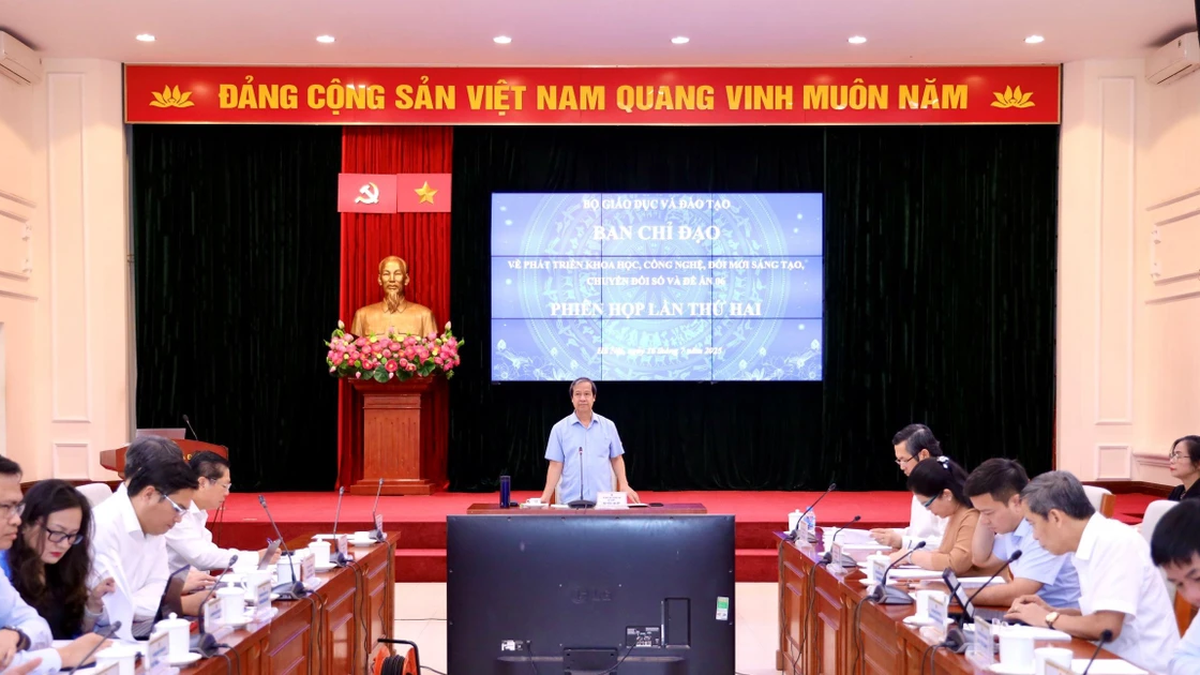

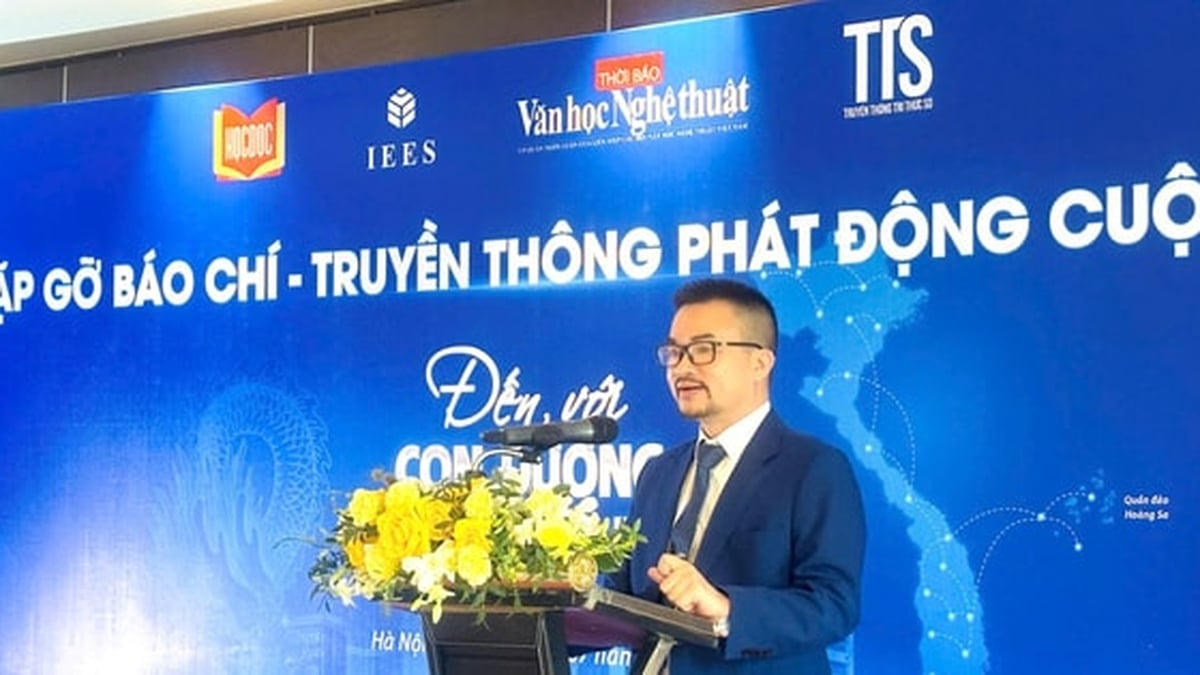
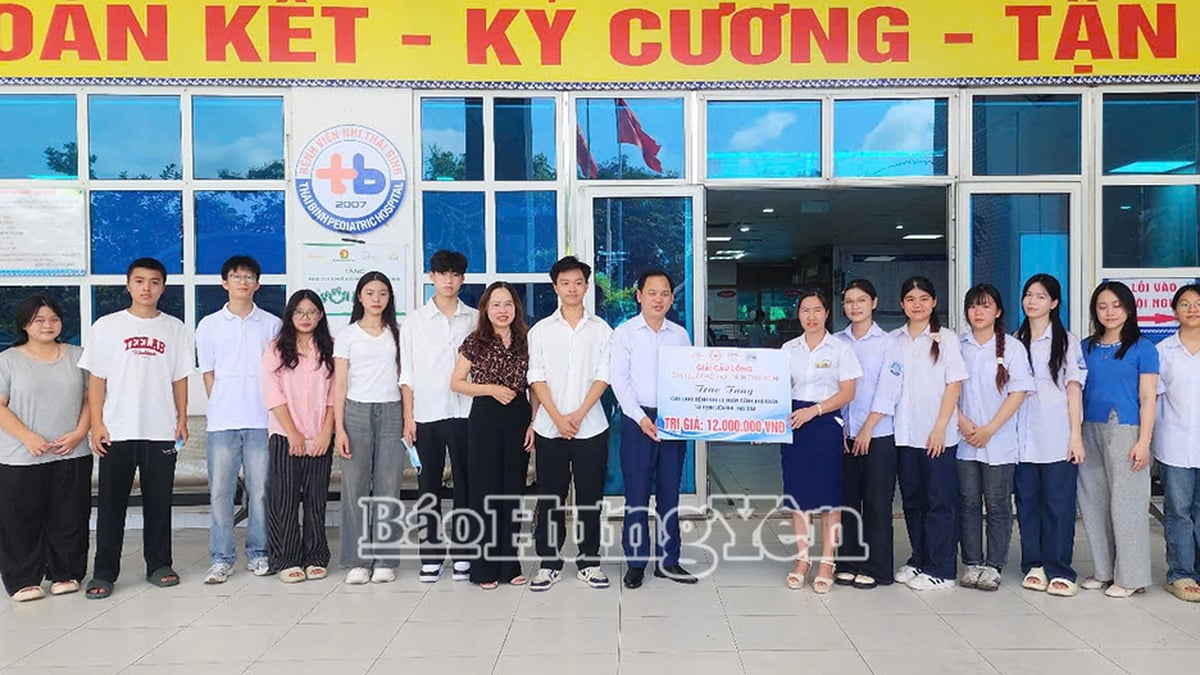


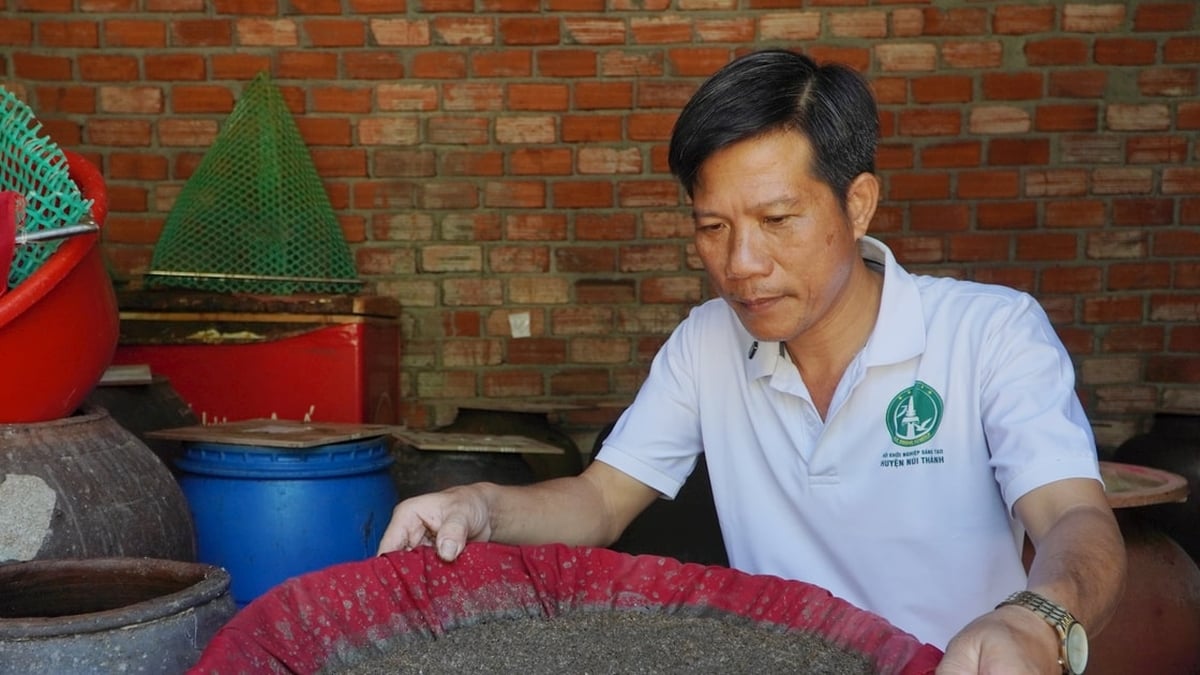

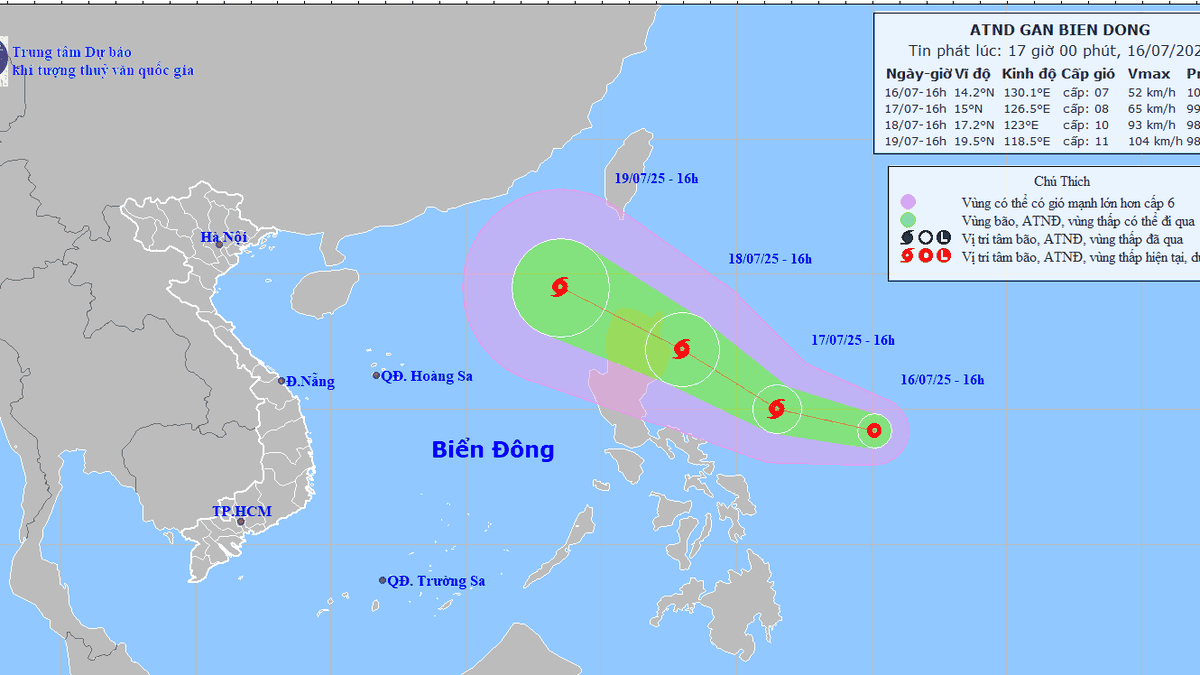









































![[Maritime News] More than 80% of global container shipping capacity is in the hands of MSC and major shipping alliances](https://vphoto.vietnam.vn/thumb/402x226/vietnam/resource/IMAGE/2025/7/16/6b4d586c984b4cbf8c5680352b9eaeb0)




















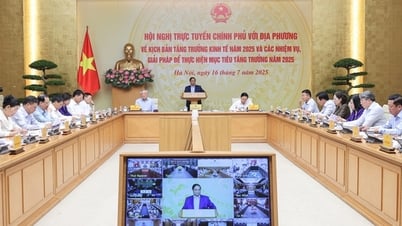























Comment (0)